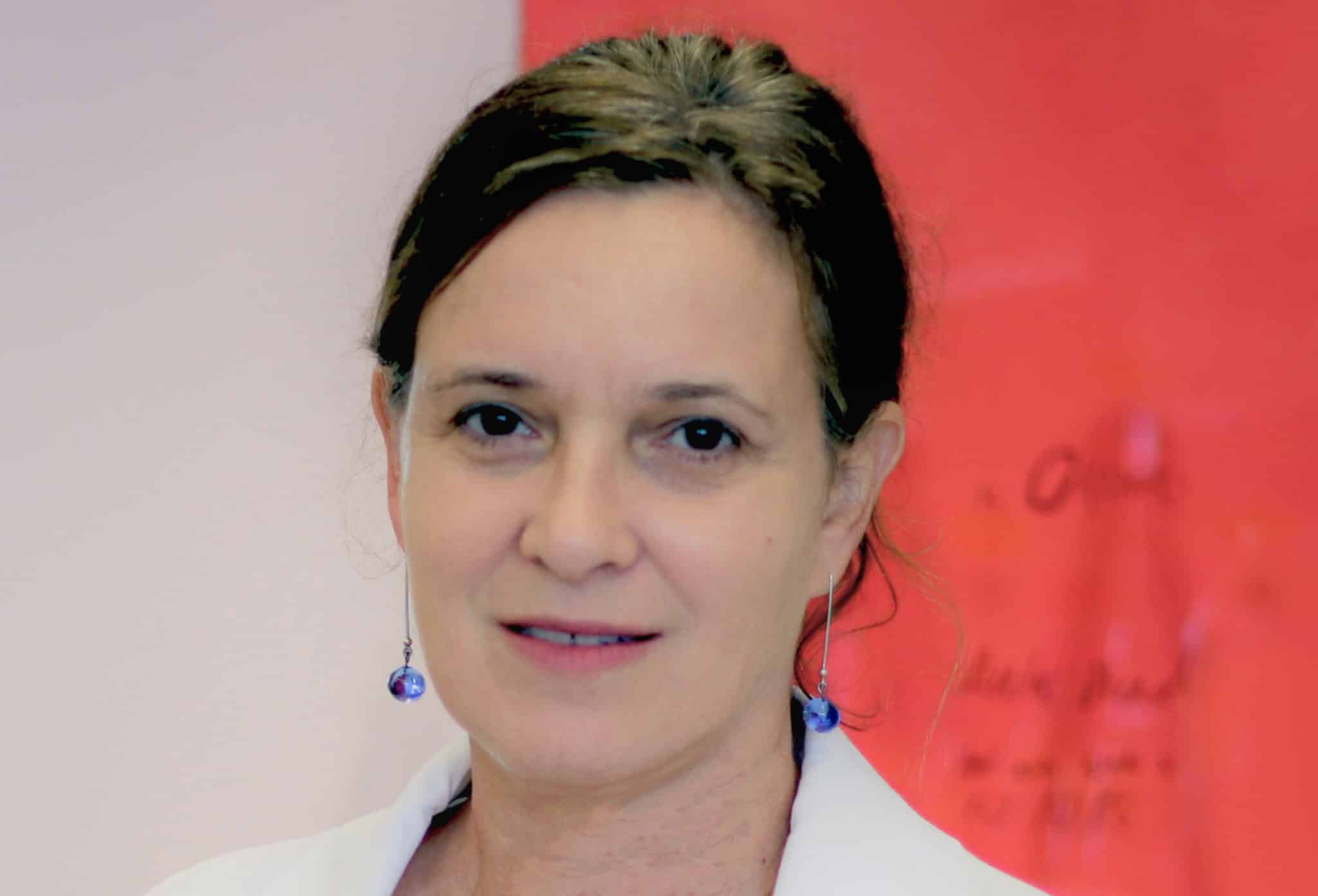Biobank Chief Investigator
Dr Louise Winteringham
Translational Cancer Research Program

Biobank Chief Investigator
Dr Louise Winteringham
Translational Cancer Research Program
Profile
Dr Louise Winteringham is a cancer biologist with experience in immunology and both hematological and solid cancers. She leads the Translational Cancer Research Program at the Perkins and is also the current Manager of the Liver Cancer Consortium.
Dr Winteringham completed her MSc in the Department of Clinical Immunology at Royal Perth Hospital investigating the impact of non-coding regions within the Major Histocompatibility Complex. She was awarded the Richard Walter Gibbon Fellowship from the UWA Medical School to undertake her PhD studies under the supervision of Professor Peter Klinken. Her PhD investigated the aberrant gene expression of several genes in fetal liver erythropoiesis and their influence on leukemia.
In 2014, Dr Winteringham was invited to join The FANTOM5 consortium (Riken, Japan), undertaking extensive analysis of mammalian cell-type-specific transcriptomes. This consortium published several high impact publications.
In 2017 she initiated the Translational Cancer Research Program at the Perkins, combining her strengths in cancer biology and immunology with her passion for clinical translation. As part of a strong multi-disciplinary research and clinical team she is providing a co-ordinated approach to quickly move laboratory discoveries into new cancer treatments. She has designed a research pipeline that includes sample collection, processing and extensive laboratory characterisation (e.g. omics, biochemistry and drug sensitivity studies) as well as established pre-clinical laboratory models able to accurately evaluate new cancer treatments that modulate our own immune system. Finally, a customised state-of-the-art digital environment is being developed to integrate these research data with patient diagnostic, treatment and outcome data to drive translation and advance precision medicine.
Selected Publications
1. Arner E. et al. (including Winteringham LN). Transcribed enhancers lead waves of coordinated transcription in transitioning mammalian cells. Science (2015).
2. Forrest A.R.R. et al. (including Winteringham LN) A promoter level mammalian expression atlas. Nature (2014) http://dx.doi.org/ 10.1038/nature13182.[NCBI PubMed Entry]
3. Endersby R, Majewski IJ, Winteringham LN, Beaumont JG, Samuels AL, Scaife R, Lim E, Crossley M, Klinken SP, Lalonde J. 2008. Hls5 regulates erythroid differentiation by modulating GATA-1 activity. Blood 111:1946-50. [NCBI PubMed Entry]
4. Winteringham LN, Endersby R, Kobelke S, McCulloch RK, Williams JH, Stillitano J, Cornwall SM, Ingley E, Klinken SP. 2006. Myeloid leukemia factor 1 associates with a novel heterogeneous nuclear ribonucleoprotein U-like molecule. The Journal of Biological Chemistry 281(50):38791-800. [NCBI PubMed Entry]
5. Winteringham LN, Kobelke S, Williams JH, Ingley E, Klinken SP. 2004. Myeloid Leukemia Factor 1 inhibits erythropoietin-induced differentiation, cell cycle exit and p27Kip1 accumulation. Oncogene 23(29):5105-9. [NCBI PubMed Entry]
6. Lim R, Winteringham LN, Williams JH, McCulloch RK, Ingley E, Tiao JY, Lalonde JP, Tsai S, Tilbrook PA, Sun Y, Wu X, Morris SW, Klinken SP. 2002. MADM, a novel adaptor protein that mediates phosphorylation of the 14-3-3 binding site of myeloid leukemia factor 1. The Journal of Biological Chemistry 277(43):40997-1008. [NCBI PubMed Entry]
7. Williams JH, Daly LN, Ingley E, Beaumont JG, Tilbrook PA, Lalonde JP, Stillitano JP, Klinken SP. 1999. HLS7, a hemopoietic lineage switch gene homologous to the leukemia-inducing gene MLF1. The EMBO Journal 18(20):5559-66. [NCBI PubMed Entry]
